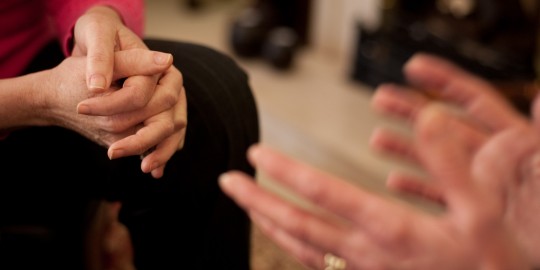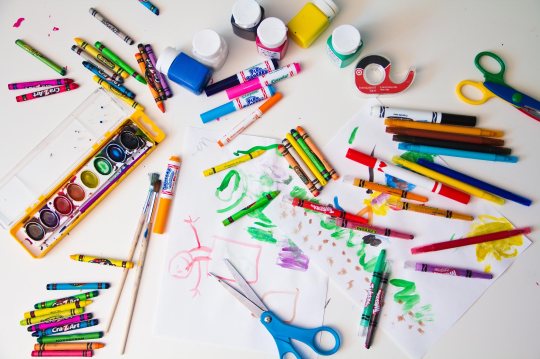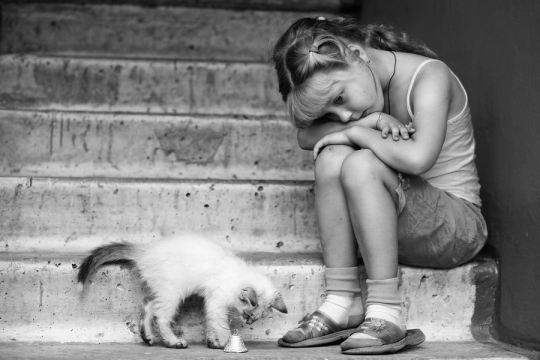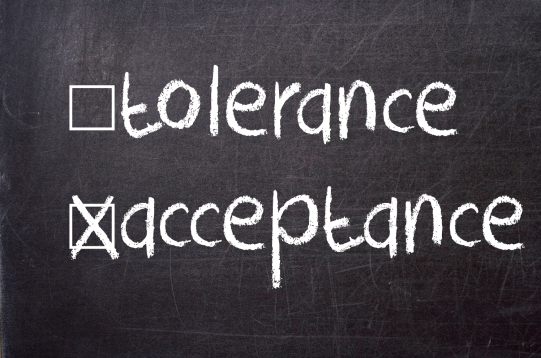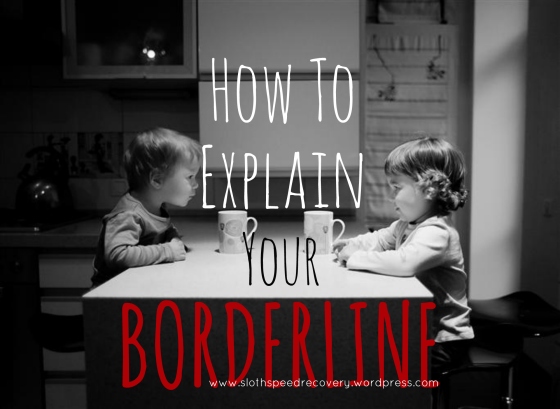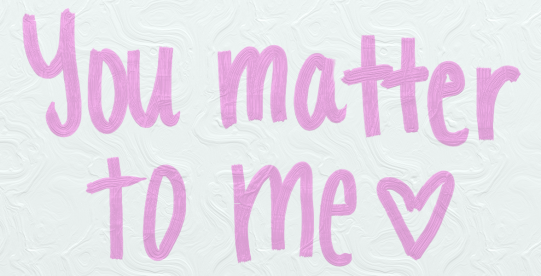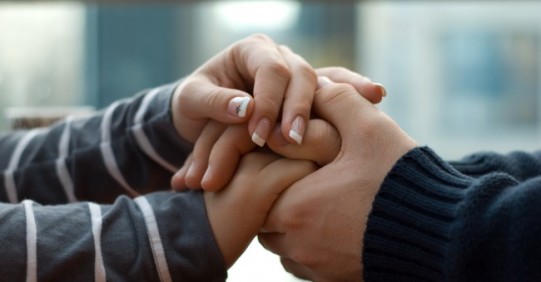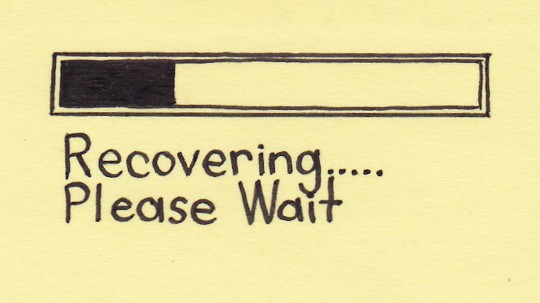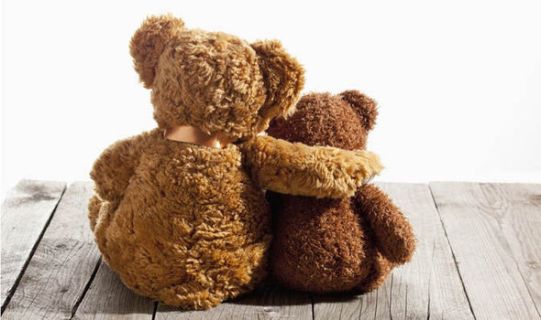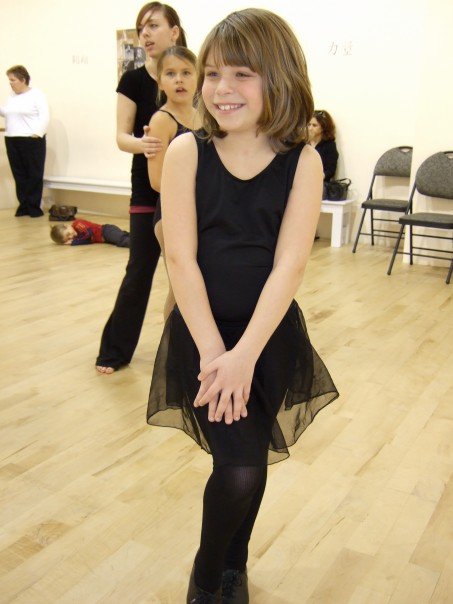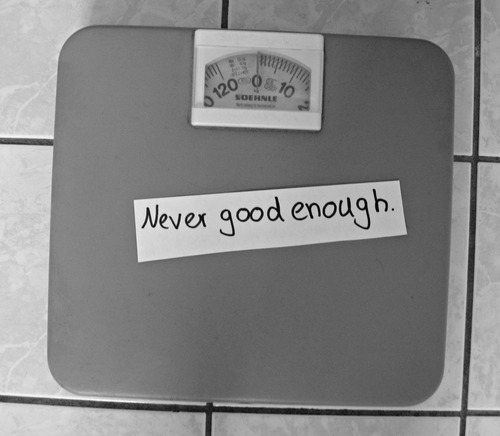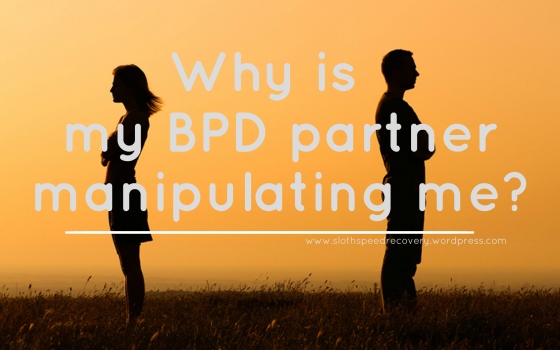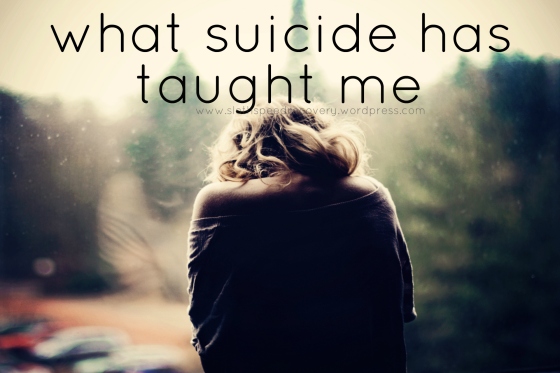
I’ve watched my mother deal through the grief of my grandpa’s and aunt’s suicide; the constant pain she felt and the way she teared up on their birthdays or suicide anniversaries. She hadn’t told me these were suicides; I would’ve been too young to understand.
I remember standing on the main floor, hearing my mom huddle into a pillow over the death of her father and I couldn’t comprehend it. I was only a toddler.
Why is it that, the day after my birthday, Matante killed herself and my mom had to leave with no explanation? I wanted to come with, but she couldn’t bare to tell me.
To this day, she is wounded by these suicides, and it has left a void that is way too visible.

Suicide was a part of the family genes, but I was lucky enough to have been a child and have no understanding of taking ones own life. Until I was 15 years old, and my brother’s friend jumped in front of a train. I didn’t know him the way my brother did, but I knew him better than anyone else from school did, and he chose to end his life.
I, too, was struggling with suicidal thoughts at the time and connected on a deeper level with him. He did what I didn’t have the guts to do, I thought.
Over the months, I developed PTSD symptoms. I could see him; the terror in his eyes as the train approached and that force dragging him to be hit. I could feel his body flinging in the air and studied the direction his body would go depending on how he chose to jump. My mind was a gruesome minefield and he was the picture etched into my skull.

His suicide ripped me to shreds; I lost a good portion of my hair and was no longer functional. I declined in school and in my extracurricular activities, and I was more suicidal than I had ever been.
Since then, I’ve learned a lot about suicide, about myself, and how I truly feel about suicide.

Life Is Worth Living. People say this all the time without true emotion behind it, but I know how true this statement is.
Everyday, I get to see the sunshine, the smiling faces of the people around me and watch myself grow into a beautiful young woman with all the capabilities in the world. I get to watch my brother who was supposed to pass at the age of 16, grow into his twenties, and join my family for some of the most memorable holidays.
I started my writing career, which has been my dream since I was a child, and I couldn’t imagine deceiving myself in that way. Had I gone ahead and ended my life, I wouldn’t be able to see my abilities convey themselves onto pieces of paper. Sure, my work isn’t perfect but it never had to be. It just has to be the best I can do, which is a reward in itself.

You don’t get rid of pain; you pass it on. It isn’t right for anyone to guilt trip you when you’re considering suicide because, that shouldn’t be the reason you choose to stay. You should choose to stay because you deserve life and you are able to be great.
But, there is truth in the statement “you don’t end the pain, you pass it on.” I’ve witnessed and experienced it. You don’t need to be family to have an impact on someone through a suicide; being an acquaintance is enough to affect someone in abundance.
Your pain is molded and transferred in a tragic way to nearly everyone who has come into contact with you, and it’s distressing to see.

No; no one would be happier if you died. When we experience suicidal feelings, we often feel unwanted or unloved because someone may be experiencing feelings of frustration or anger towards us, but this does not mean they would be happier if we were gone. Even if they claim they want you to kill yourself, they don’t mean it. In reality, there would be great amounts of guilt on their part and they would be distraught with themselves for ever mistreating you; questioning themselves regarding their involvement.
I’m sure my grandfather thought the same way; maybe he felt he was a burden to his family. But, because of his death, I have a forever mourning mother, and I have been robbed of an important relationship with him. He promised to take me fishing with him; leaving me behind at such a young age to go with my siblings. He was supposed to be present in my life, teach me lessons and watch me grow, but he absented himself.
I am not happier that he died, nor is my mom or any of his relatives. There is no bad he could’ve done to make us feel happier without him.

It’s a thought that can be changed. Suicidal thoughts stem from trauma or a mental illness; we are so desperate to end the pain and grief that we search for a way out. It is often said that people commit suicide because they want the pain to stop.
When you commit suicide, that pain never gets a chance to stop or evolve into something beautiful. It’s only a thought, a feeling, and it can be changed with persistence and a desire to change. You must convince yourself otherwise and move towards a healthy lifestyle that strays you from suicidal urges.
It is possible to live a happy life, and we want you to see it.

Nothing will change if we don’t try. Since my brother’s friend passed, my life has gone full circle. It was worse before it got better. I was homeless twice, went to a treatment center, completed high school, was in a bad relationship and got out of it, have gotten my own place and got so far in recovery that I can’t believe how far I’ve come.
Had I gone along and committed suicide, nothing would’ve gotten better. I would’ve never been able to see all the beautiful things I have now. I would’ve left during the worst time of my life, without giving myself a chance to become an adult and understand the world around me.
What a joy life is; and I am damn grateful I never succeeded during my suicide attempts.
If you are suicidal or experiencing crisis, please contact your local crisis line.




















